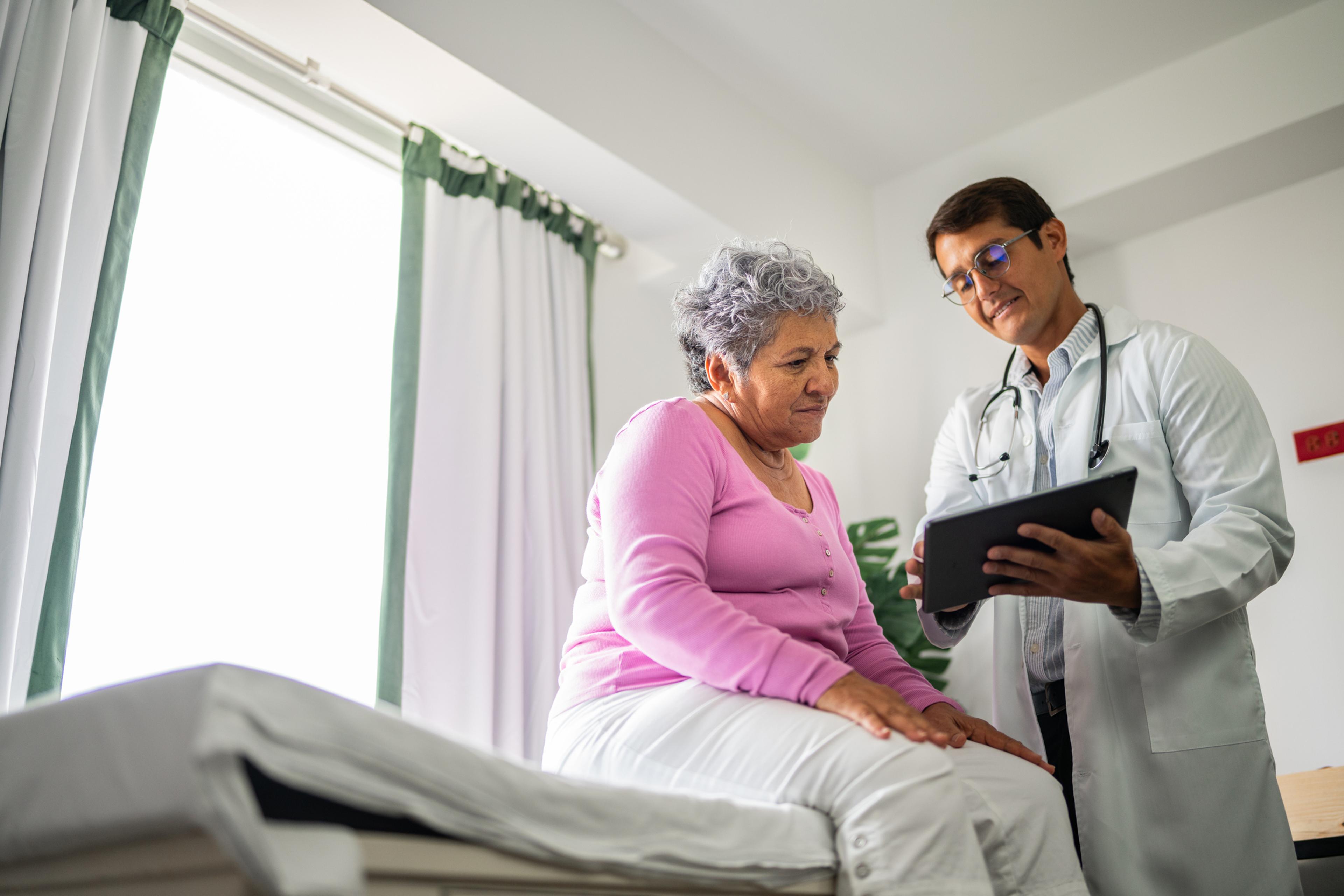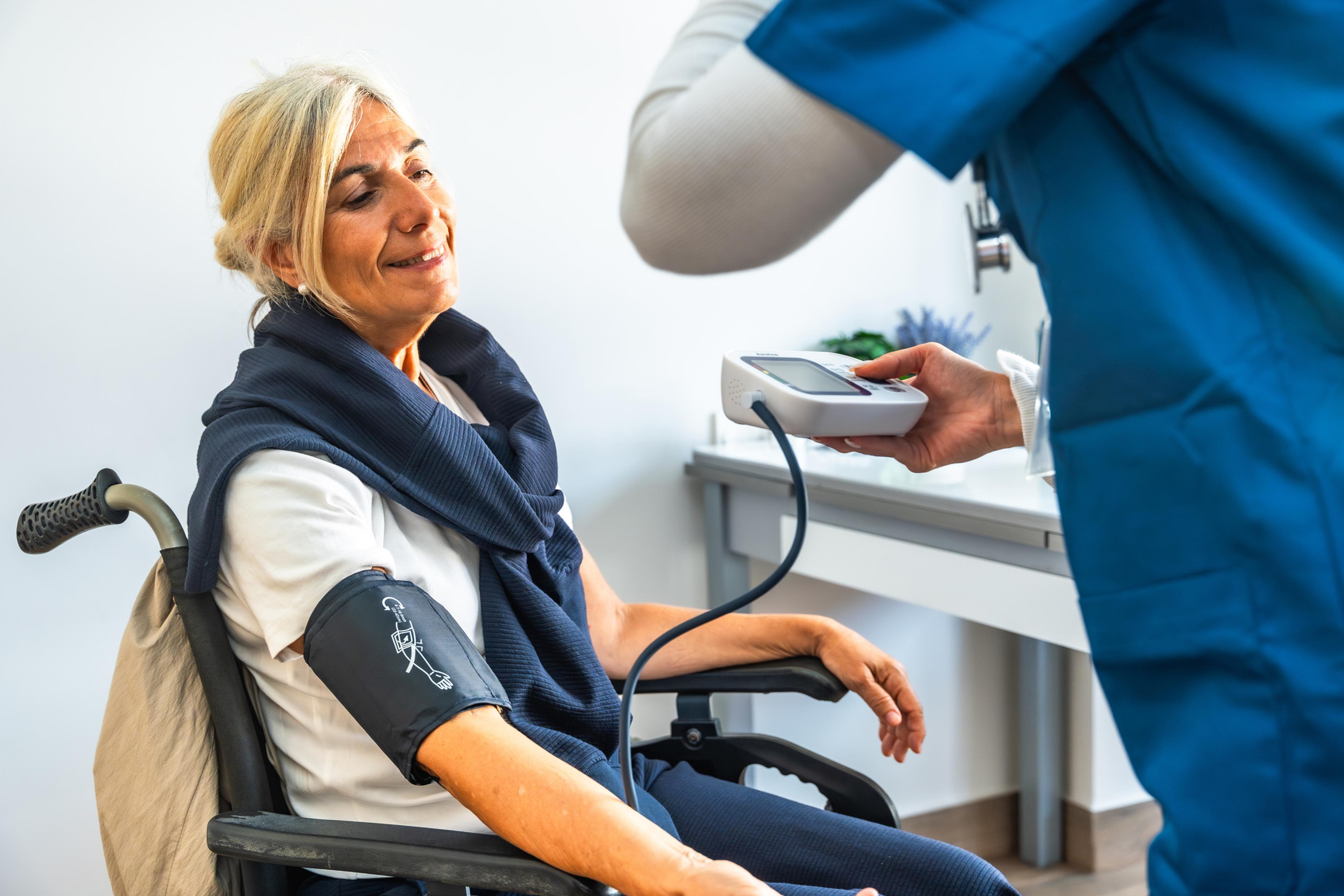How Hot Weather Affects Individuals with Depression

Blue Daily
| 3 min read

Heat affects your body in numerous ways. Although you feel the physical effects, you might be unaware of the toll the hot weather can take on your mental health.
Increasing temperatures can be associated with higher levels of aggression and irritability. Think about the way you feel after working outside on a hot day: sweaty, tired and sluggish. The heat makes you feel physically uncomfortable. Physical discomfort can cause a shortened temper and higher level of irritability and aggression.
For individuals with depression, summer weather can aggravate their symptoms or cause new ones to appear.
Summer Seasonal Depression
You may have heard of seasonal affective disorder, or SAD. During the winter months, some individuals will feel increased symptoms of depression due to the lack of sunlight. The less common, summer SAD, is the opposite. Too much sunlight, heat and allergens can cause hypomanic or agitated depressive episodes. Those affected by SAD are more likely to stay indoors and remove themselves from activities. SAD can feel extremely isolating, as many summer social activities are outdoors.
Symptoms of summer SAD can include:
- Insomnia
- Poor appetite and weight loss
- Agitation or anxiety
- Increased irritability
- Losing interest in activities you once enjoyed
- Feeling hopeless, worthless or guilty
Contact a behavioral health care provider if you feel any of these symptoms for two weeks or longer.
Depression and lack of sleep
In the summer, days are longer with increased sunlight. Many individuals’ circadian rhythm might be influenced by the change in sunlight. Our bodies release melatonin when the sun goes down, as our signal to go to sleep. When the sun rises earlier, and sets later, those who rise and fall with the sun might be at risk for insomnia and other sleeping issues.
Anxiety triggers in hot weather
Climate change and global warming is causing anxiety in some individuals. The warming globe creates extreme weather, worsens pollen and common allergens and overall heightens anxiety around global climate events.
As summer and the hot temperatures, your anxiety might increase because you can feel the physical effects of climate change with heat waves, droughts and other extreme weather. The term “eco-anxiety” has been coined to name the anxiety related to climate change. Eco-anxiety can cause stress, fear of an uncertain future and a sense of hopelessness among many individuals.
Antidepressants and heat intolerance
Antidepressants change the way your brain sends chemical signals to affect your mood. This, however, can affect how your body regulates its temperature. Heat intolerance can cause an oversensitivity to the heat, making you more susceptible to heat exhaustion.
Symptoms of heat exhaustion include:
- Heavy sweating
- Dizziness and faintness
- Heavy sweating
- Weak, rapid pulse
- Headache and nausea
Talk to your primary care provider or your behavioral health professional about your medication to understand if you are more susceptible to heat exhaustion. They can help you develop a plan to stay healthy and safe during the summer months.
Tips to manage depression during the summer
People with depression that is worsened by the heat can take the following measures to manage their symptoms throughout the summer months:
- Make an appointment with a primary care provider (PCP) or behavioral health care provider.
- Be kind to yourself.
- Find activities you still enjoy doing, even in the heat or find a new activity indoors.
- Have a consistent sleep schedule and consider investing in black out curtains for sleep to regulate your sleeping cycle.
- Wear lightweight clothing and move activities indoors if it is too hot.
- Stay hydrated. Consider swapping one out of every four glasses of water you drink with a balanced electrolyte solution to replace any electrolytes lost through sweating.
- Read up on the side effects if you take antidepressants, and if you have any concerns, talk to your PCP.
Photo credit: Getty Images
Related:





